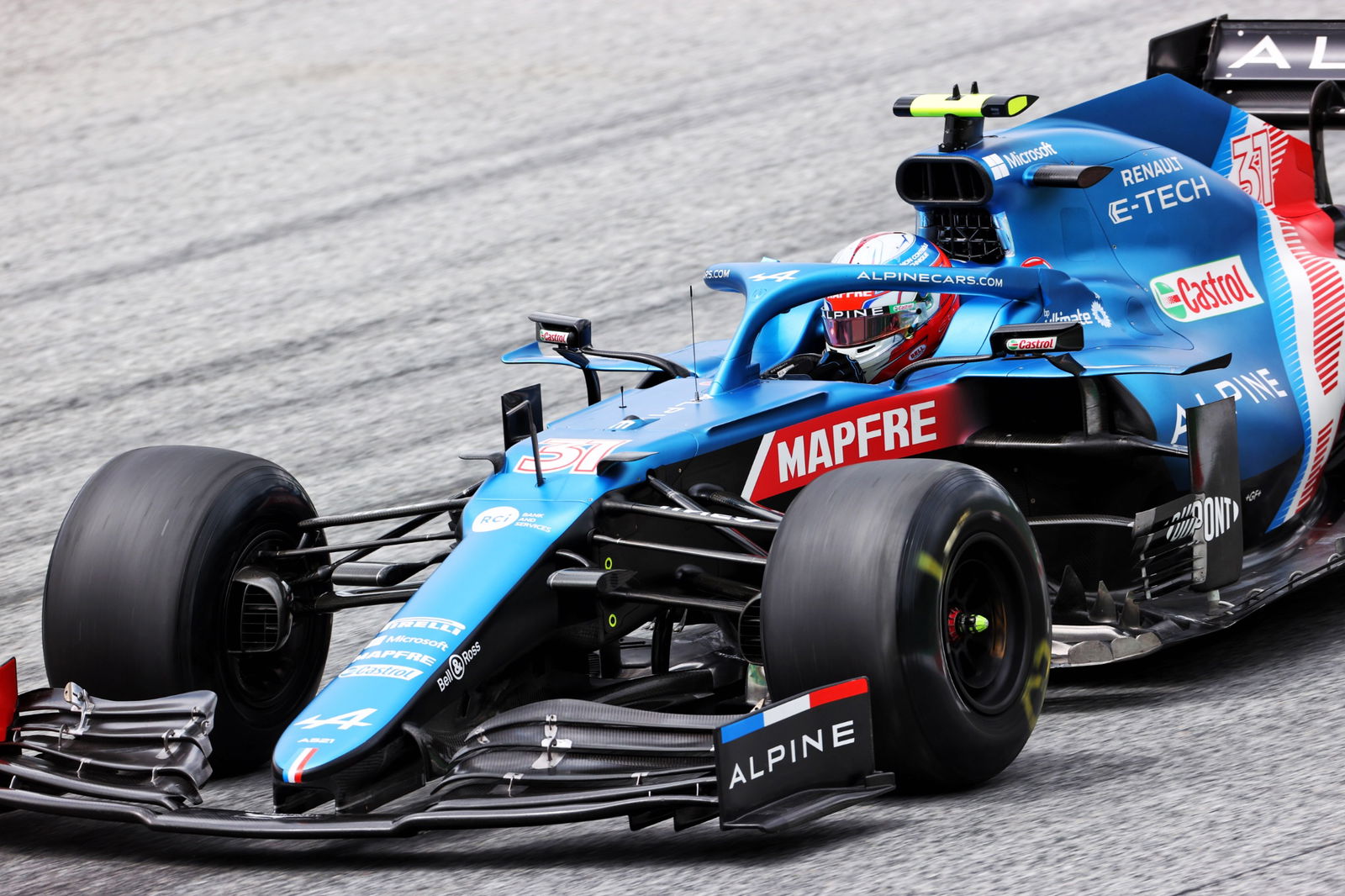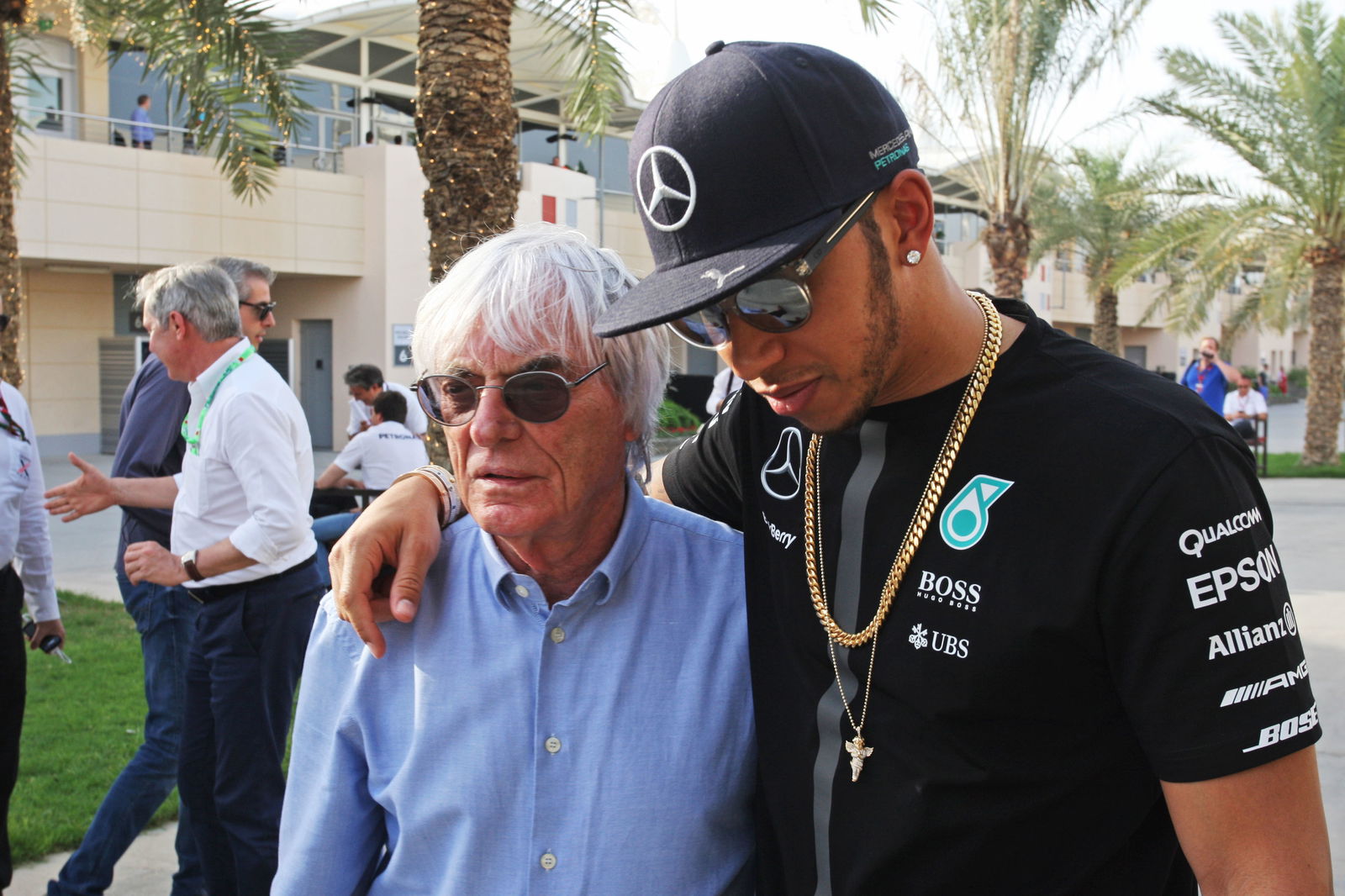Horner: F1 teams should do Formula E if new engines don't 'entertain'

F1’s next-generation engine is set to be introduced in 2025, with the world championship working on a hybrid concept that would be powered by fully sustainable fuels.
Red Bull, which is creating its own power unit division to take over Honda’s engine project, has called on F1 to take a “clean sheet” approach into the next era of engines.
And Horner believes F1 has a unique opportunity to address some of the biggest concerns regarding the current power units, including increasing sound levels to revive emotions stirred by the previous V10 and V8 engines.
“We see that the costs of the current engine are extremely prohibitive,” Horner said. “It was not thought of when this engine was conceived.
“I think there’s a fantastic opportunity of making an engine for the next ten years, when it’s introduced, to do something a little bit different.
“It needs to address the emotion and the sounds, and yes, of course, it has to tick the sustainable boxes.
“But I think it still needs to be entertaining - otherwise we should all go and do Formula E.
“Hopefully the collective minds can come up with something attractive for 2025 or, what would be more sensible, is to do the job properly for 2026.”
Porsche and Audi chiefs joined F1’s existing engine manufacturers, championship bosses and the FIA in a meeting to discuss the 2025 engine rules at the Austrian Grand Prix.
F1 said that “very positive discussions” took place during the meeting of manufacturer CEOs in Austria and confirmed that further news would be announced following additional talks.
Horner described the meeting as a “constructive dialogue” and stressed the involved stakeholders need to work towards the best possible outcome for F1.
“It’s important we find the right solution both in cost and product for the future of Formula 1,” he added.
“So I think all the right stakeholders are involved in that discussion and it’s important to work collectively for the benefit of the sport.”








